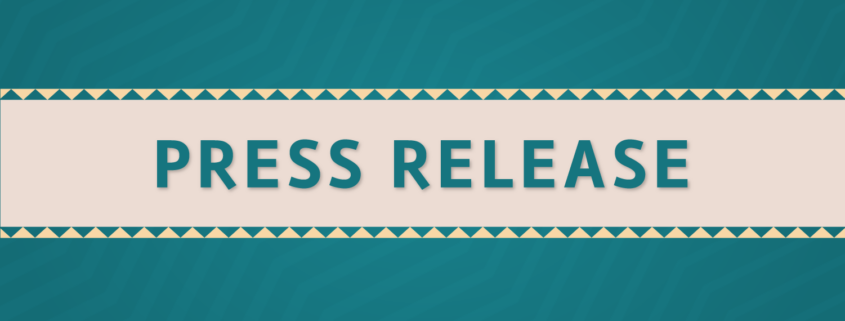Press Release: New NCUIH Report on Urban Third-Party Reimbursement
Washington, DC (August 27, 2020)— The National Council of Urban Indian Health (NCUIH) is proud to announce the publication of its report – “Recent Trends in Third-Party Billing at Urban Indian Organizations”. The report provides an overview of billing methods and payment methodologies that Urban Indian Organizations (UIOs) use for third-party reimbursement, data insights, and related policies and issues relevant both in the recent past and in the age of coronavirus.
“We have long known that Urban Indian Organizations do not receive adequate funding from the federal government,” said NCUIH Executive Director Francys Crevier. “This report demonstrates how resilient UIOs have been in spite of this, setting up robust third-party billing arrangements in a complex policy environment. Unfortunately, the COVID-19 pandemic represents a catastrophic threat to the stability they have built”.
Key Findings Include:
- Third-party reimbursement is more crucial to the stability of the Urban Indian healthcare system than ever. Between fiscal year (FY) 2010 to FY2018, third-party reimbursement nearly tripled, while funding from IHS appropriations remained relatively unchanged.
- UIOs were projected to earn a minimum of $212.7 million in reimbursement in FY 2020. Yet due to the coronavirus pandemic, NCUIH estimates that UIOs lost over a quarter of that expected revenue by June 21, 2020 (between $55.1 to $60.5 million).
- In FY2018, UIOs received $672 per American Indian and Alaska Native (AI/AN) patient from the Indian Health Service (IHS) budget’s Urban Indian Health line item.
- The average Medicaid reimbursement rate UIOs receive is around $245 – nearly half the 2020 all-inclusive rate of $479 available to tribal health programs and IHS facilities. The lowest rate NCUIH has on record was $70 in 2018, and 50% of UIOs currently receive between $170 and $300 per encounter.
The authors of the report – Sunny Stevenson, JD (sstevenson@ncuih.org) and Andrew Kalweit, MPH (akalweit@ncuih.org) – presented initial findings at a Webinar on August 6, 2020 and will also present at the IHS Partnership Virtual Trainings on October 1, 2020. A recording and slides for the first presentation are available online, alongside training materials.
NCUIH is thankful for the partnership with the Division of Tribal Affairs and Office of Minority Health at the Centers for Medicare and Medicaid Services, as well as NORC at the University of Chicago, which made this project possible. We look forward to continued collaboration as we strive to achieve healthy equity for American Indian and Alaska Native people.
About the National Council of Urban Indian Health
The National Council of Urban Indian Health (NCUIH) is the national organization devoted to the support and development of quality, accessible, and culturally-competent health services for American Indians and Alaska Natives (AI/ANs) living in urban settings. NCUIH envisions a nation where comprehensive, culturally competent personal and public health services are available and accessible to AI/ANs living in urban communities throughout the United States. NCUIH is the only organization that represents all 41 Urban Indian Organizations (UIOs) federally funded by the Indian Health Service.
|






Leave a Reply
Want to join the discussion?Feel free to contribute!